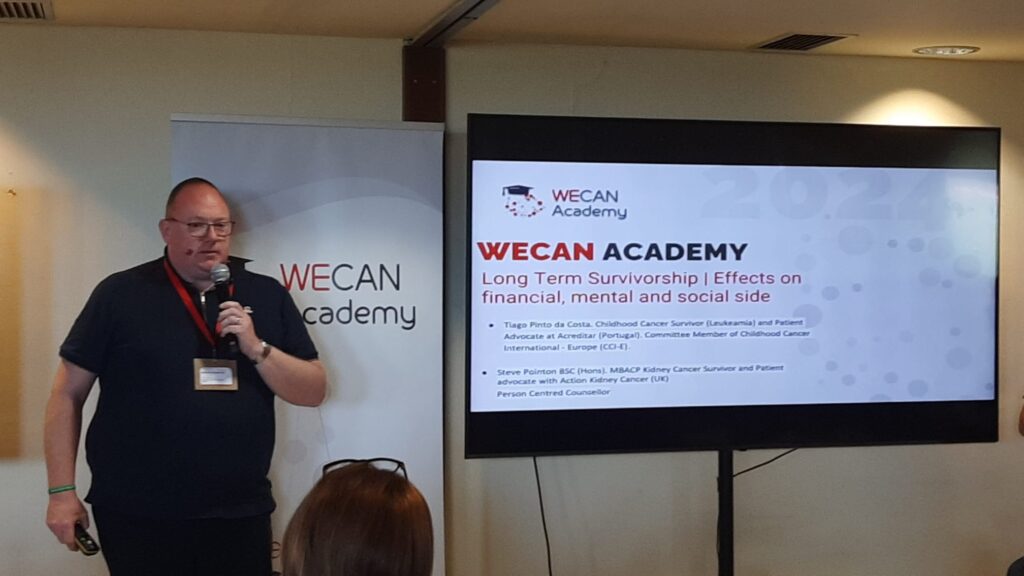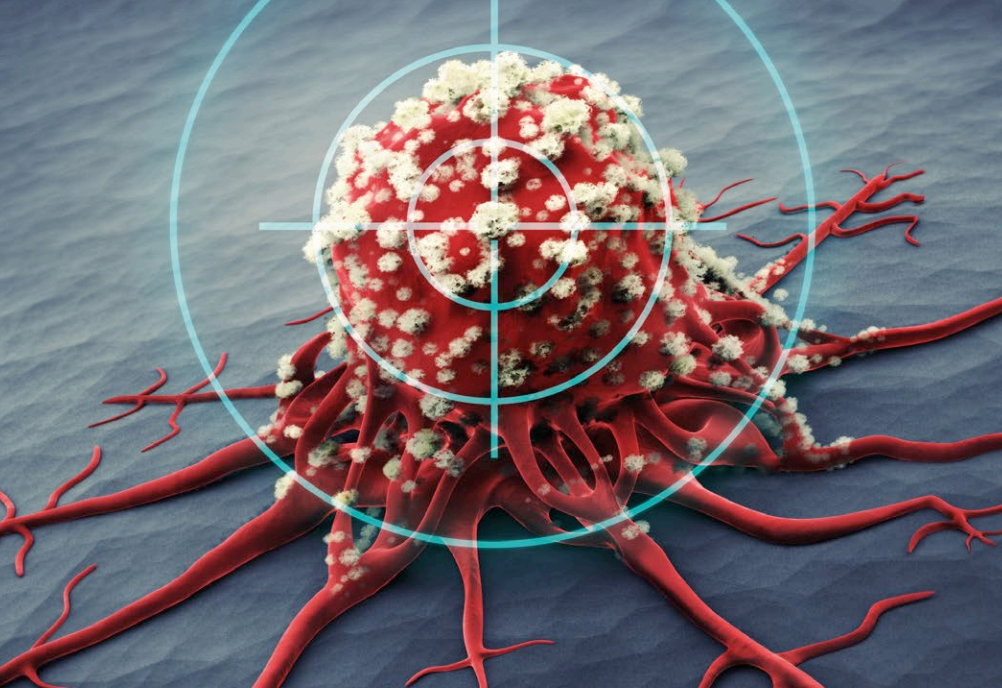Share this Page:
The origins of seven types of kidney cancer, including several rare subtypes, have been identified by researchers at the Wellcome Sanger Institute, Great Ormond Street Hospital (GOSH), the Princess Máxima Center for Paediatric Oncology and Oncode Institute. The findings confirm that these cancers originated in developmental cells found in the foetus.
The results from the study were published in Nature Communications and used computers to identify ‘cellular signals’ given off by different cancers as they grow. This method could eventually be used for diagnosing patients with rare kidney cancers.
All cancers develop from normal cells that grow uncontrollably. Using genetic testing, patterns of gene expression in cancer and normal cells can be compared. From this it is possible to learn about the origin and behaviour of cancer cells. Previous studies have used these techniques to compare normal and diseased tissue in some of the most common kidney cancers, but to conduct genetic sequencing on many hundreds of tumours would not be achievable.
In this study, researchers at the Wellcome Sanger Institute and their collaborators used computers to speed up the process of genetic testing in 1,300 childhood and adult kidney tumours, looking at seven different tumour types, in order to investigate the origins of these cancers.
The results confirmed that childhood cancers develop after errors in the growth of a cell to maturity. Adult kidney cancers developed from mature cells and do not revert to a developmental state. Each cancer type was also found to have unique ‘cellular signals’, or patterns of gene expression, that could be used to classify them in the future.
The study sheds light on the behaviour and origins of some rare kidney tumour subtypes, such as congenital mesoblastic nephroma, clear cell sarcoma of the kidney, malignant rhabdoid tumour of the kidney, and chromophobe renal cell carcinoma. These subtypes are difficult to examine because of their rarity.
Dr Sam Behjati, a senior author of the study from the Wellcome Sanger Institute, said: “Not only does this computational approach using existing datasets validate previous results on the origins of childhood kidney cancers, it provides a new way of expanding this research to much larger numbers of tumours and rare cancer types. I believe that the success of this approach could act as a blueprint for investigating the behaviour and origins of the entire spectrum of human cancer.”













